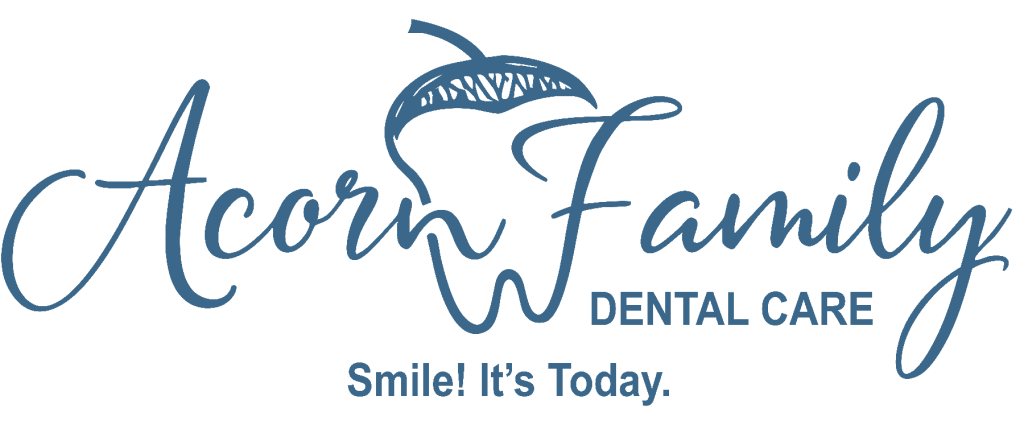 Bruxism also known as grinding your teeth can cause serious damage your teeth if not treated or tended to quickly.
Bruxism also known as grinding your teeth can cause serious damage your teeth if not treated or tended to quickly.
Grinding your teeth normally happens while you’re sleeping. In some cases, if you have chronic teeth grinding, it can cause fracturing and loosening of the teeth. In some instances, you can also lose your teeth.
Chronic grinding wears your teeth down to stumps. When this happens, we may need to use some of the following courses of treatment to get your teeth fixed, bridges, crowns, root canals, implants, partial dentures, and even complete dentures may be needed. In this article we will be listing the signs and symptoms that will let you know what to look for if you are a grinder.
Signs and Symptoms of Bruxism
- A dull, constant headache or sore jaw when you wake up.
- Grinding or clenching, if its loud enough to wake up your partner.
- Flattened teeth, fractured, chipped or loose.
- Tooth enamel that looks worn down, exposing deeper layers of your tooth.
- Pain or sensitivity in your teeth that has been increased.
- Your jaw muscles that feel tight or tired, your jaw that might be locked if it won’t open or close completely
- Pain or soreness in your jaw, neck, or face.
- Pain that sort of feels like an earache, but it has nothing to do with your ear.
- Damage on the inside of your cheek from chewing
- Disruption in your sleep.
How to Stop Grinding Your Teeth
We can fit you with a mouth guard to help protect your teeth from grinding when you sleep. Sometimes stress or anxiety can cause you to grind your teeth, ask us about some of the options to reduce your stress.
Try to see a stress counselor or a physical therapist, you can also take prescription medications for stress and anxiety. Please come see us if you notice or have any of these symptoms listed above, or call us if you have any questions about Bruxism, your teeth or jaws.

